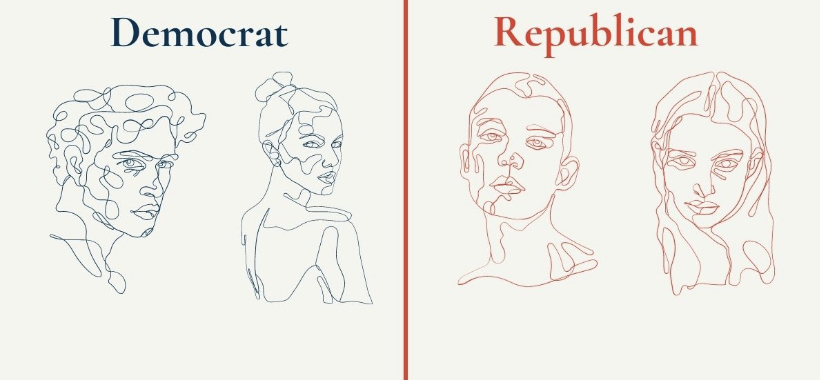In a country where it seems we don’t agree on much, we can all agree on one thing – the first presidential debate was ridiculously laughable. There is no need to relive what happened, but it got me to thinking – can we have political conversations without hostility? I wasn’t the only one left with that thought.
During the Vice Presidential debate, an eighth-grader named Brecklynn Brown voiced her concern and asked a question to the candidates.
“When I watch the news, all I see is arguing between Democrats and Republicans,” Brown said. “When I watch the news, all I see is citizens fighting against citizens. When I watch the news, all I see are two candidates from opposing parties trying to tear each other down. If our leaders can’t get along, how are the citizens supposed to get along?”
The world isn’t a perfect place and inevitably, everyone will not get along. However, when two presidential candidates cannot share a stage without creating a spectacle – a laughable debate becomes more alarming than amusing.
Presidential debates discuss important, life-altering issues that determine the outcome of our country and without civil communication, as we saw in the first debate, the issues get put on the backburner while the immature actions are what people discuss. How does the discourse at the highest levels of our political system impact how everyday Americans talk about the issues that impact them the most.
There is no way to avoid the controversy that comes with bringing up a political issue because everyone has their own opinion. However, when these opinions turn into personal attacks political conversations are no longer effective. This devolution of political conversation is what Americans witnessed during the first debate.
Yet, it doesn’t always have to be that way.
In the absence of positive examples from our leaders, we can be an example for others. Take a minute to hear people out, let them express how they feel. When you do, they’ll be more inclined to do the same.
At the end of the day, we are all human. I feel confident in saying most of us want what is best for all people. It is easy to villainize someone for thinking differently than you and a lot harder to try to reach a common ground with one another. Take the more challenging route and discover we are all much more similar than we think.
Grace Brady is a sophomore studying political science and film. Follow her on Twitter @gracebrady123.












